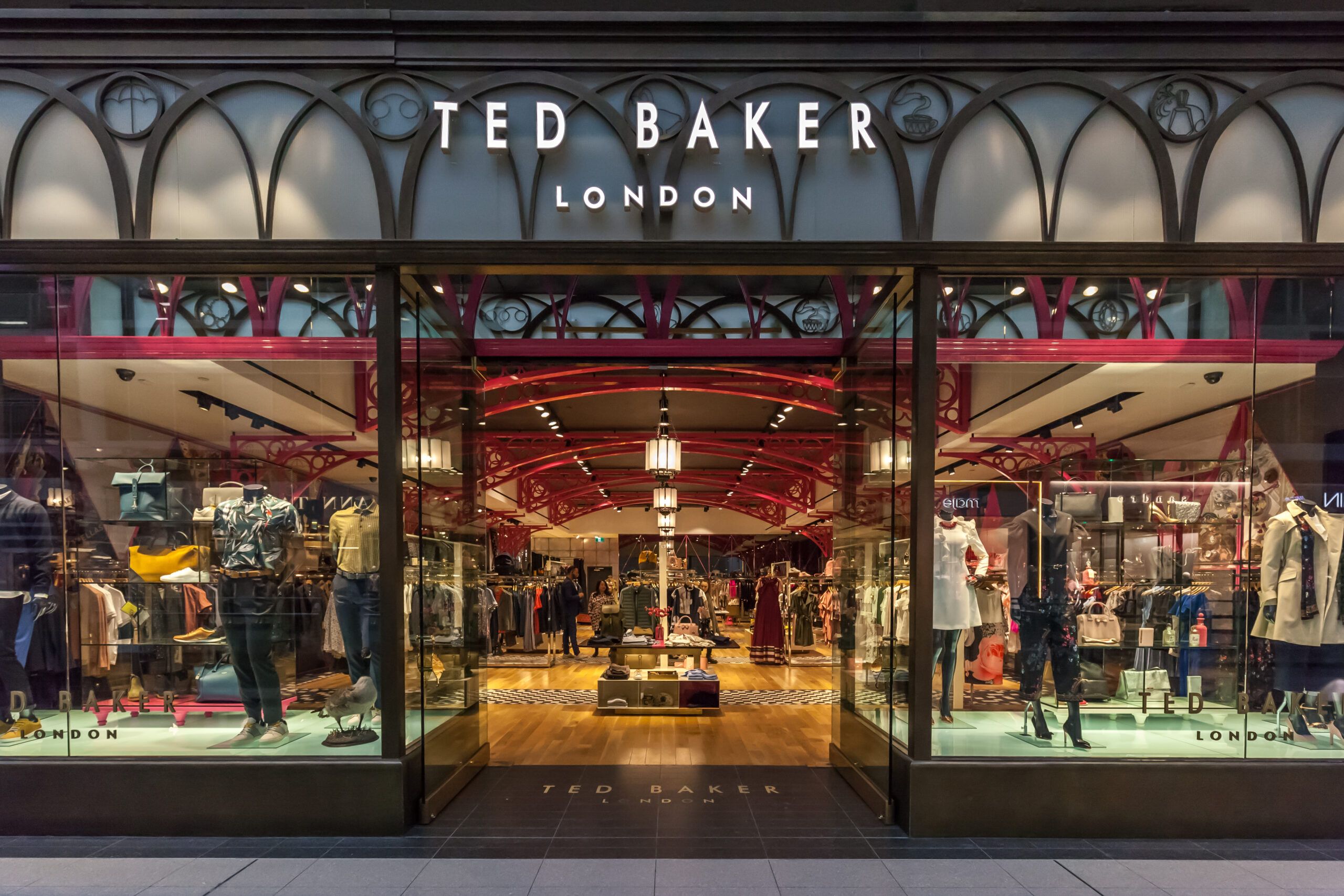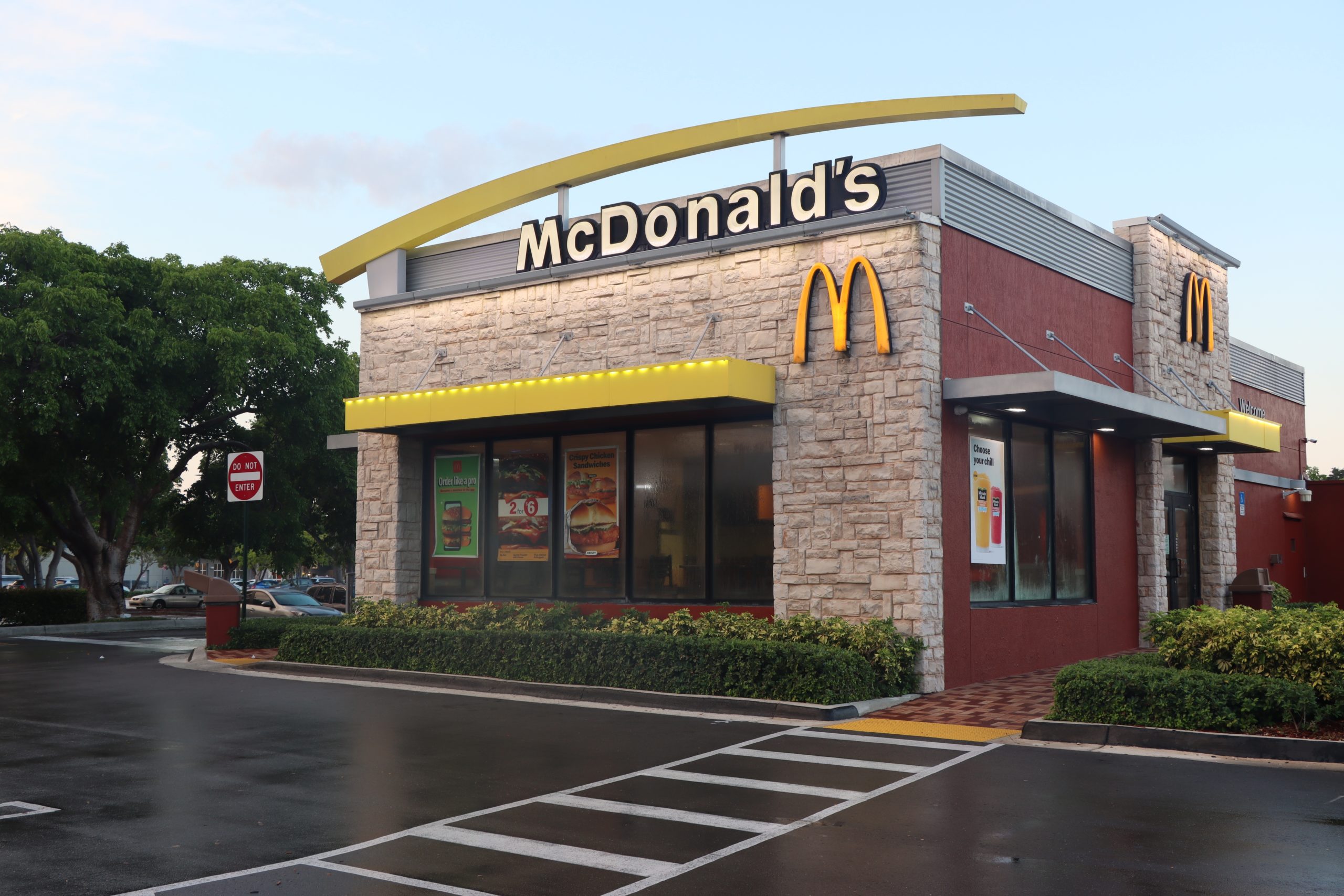Legalities of Franchising in the UK
Here, Director of the Commercial team’s Franchising hub within Beyond Law Group’s Specialist practice, Beyond Corporate Law, Natalia Shvarts, explains why the UK is one of the few countries without franchise specific laws, and how the self-regulated market makes franchising in the UK so attractive.
The UK is one of the few countries that does not have franchise-specific laws which makes it a very attractive jurisdiction for many, especially international brands looking to expand. There are no requirements for registration and no obligations on franchisors to provide disclosure to prospective franchisees in a specific format unlike the USA for example.
Instead, the franchise industry in the UK is a self-regulated market with the British Franchise Association (“the BFA”) setting industry standards and providing a platform for franchisors, franchisees, suppliers and advisors to share best practice, learning and development thus encouraging fair and ethical franchising. The BFA has various membership categories and whether you are a prospective franchisee looking to invest or a franchisor or prospective franchisor looking for advice or for a supplier to work with, by choosing a BFA accredited brand you can be assured that you will be speaking to a business who is committed to acting ethically and maintaining the industry standards which are set out in its Code of Ethics (“the Code”). Although the Code is not legally binding, by joining the BFA all BFA members agree to comply with it and the Code has previously been considered by the English courts so its importance should not be ignored.
For the reasons set out above, many international franchisors choose to come to the United Kingdom first, more specifically England, especially as part of a wider expansion plan and often as a gateway to Europe. This is partly to do with the English language and partly because English law is still generally considered to be the preferred choice due to being seen as more impartial, offering more flexibility of potential resolutions and often in a timelier fashion that in some other legal systems.
Each franchised business, depending on the sector within which it operates, will also be affected by sector-specific laws and regulations. For example, in education or care sectors franchisors, but especially franchisees, will need to comply with OFSTED, the Care Quality Commission or Welsh or Scottish Care Inspectorate but there are some laws which will apply to all franchise businesses regardless of the sector.
Franchising may give rise to competition concerns because in most franchise systems the franchisor carves up the UK into smaller chunks with each franchisee being allocated a specific area within which to operate. This can be seen as restricting competition and therefore in the eyes of the regulator bad for consumers. The good news is that there is a piece of legislation called The Block Exemption Regulation which essentially states that as long as certain parameters are met and provided, the franchise agreement does not contain any “hardcore” restrictions, it is o.k. What are the hardcore restrictions to look out for? These are:
- Restricting franchisee’s freedom to set prices (although a franchisor can recommend prices and set a maximum).
- Preventing passive sales.
- Non-competition restrictive covenants both during the term of the franchise agreement and after the term comes to an end must be limited in time and scope.
If your franchise agreement contains any of the above, you may want to take expert legal advice.
In addition to competition law, most businesses will employ staff both at franchisor and franchisee level and therefore employment law issues tend to be applicable to many franchised systems. A large number will rely on seasonal or flexible workforce which raises issues such as employment status, national minimum wage compliance, holiday pay, rest breaks and use of zero-hour contracts as well as being mindful of the rules surrounding the protection of employees in transfer situations.
The other big area which affects the vast majority if not all businesses is data protection and the rules on electronic marketing. In the UK the relevant legislation is the Data Protection Act 2018, the UK GDPR being the retained version of the General Data Protection Regulation (EU (2016/679)) and the Privacy and Electronic Communications Regulations 2003. In the franchising context it is likely that the franchisor would require access to the franchisees’ customer data (usually if the franchisor provides centralised marketing services and for auditing and compliance purposes) so in addition to the usual requirements the parties must remember to include data sharing provisions in their franchise agreement and ensure that customer facing privacy policies clearly refer to the franchisor and the relevant franchisee as parties who have access to customer data.
The above is just a brief summary of the main laws which apply to the majority of businesses. In reality, there will be many more, most notably the Trading Schemes Act 1996, Bribery Act 2010 and the Modern Slavery Act 2015 as well as environmental reporting requirements which even if they do not have direct application may have consequences or implications to your specific franchise system but to what extent they apply will depend on your particular business. So, to avoid a headache at a later date, consider getting expert help from the outset to help you navigate the legal landscape and beyond.
By Natalia Shvarts















































































